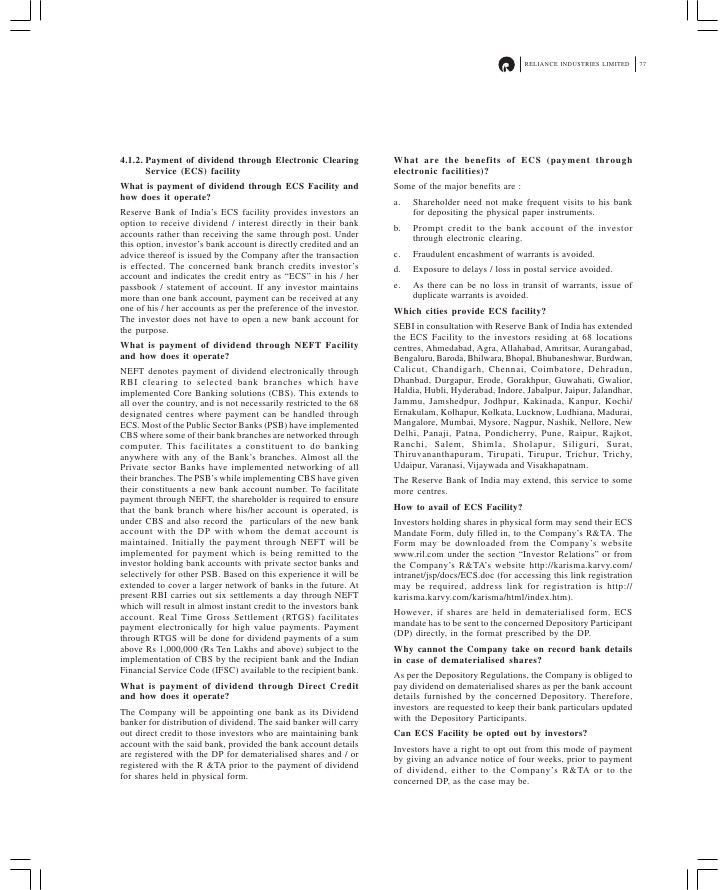Flame Knowledge Center Company warrant A part of your investment portfol
Post on: 7 Октябрь, 2016 No Comment

Warrants are high-risk, high-return investment tools that remain largely unexploited by investors
Most of us are familiar with financial instruments such as stocks, derivatives, options, mutual funds, etc. Some of these products also form a major part of our investment portfolio. In case, if some of us are not aware of these financial instruments, there is ample information available in books, newspapers and on Internet on these products. But have you heard about the term company warrant? Can a warrant certificate issued by a company comprise a part of your investment portfolio? The obvious answer for most of us would be Don’t know.
The below article not only provides information on what are company warrants, their types and characteristics but also what an investor must keep in mind before buying a company warrant.
What are company warrants?
Company warrants are securities issued by a company, usually during fresh offer of shares. The company issues warrants to raise capital/funds for itself. Warrants give investors an option to diversify their portfolio. Issued in the form of certificates, warrants give investors the right to buy shares in the company at a specific price at a future date.
Companies generally offer warrants to attract investors. Warrant holders can convert their warrant certificates into underlying equity shares of the company within a given time period. Value of a warrant depends on the value of the ordinary share which is the underlying security.
How do company warrants work?
Warrants cost a fraction of the price of their underlying security and give the buyer the right (but not the obligation) to buy this underlying security at a predetermined price (exercise price) on or before a predetermined date (expiry). When an investor exercises the option to convert the warrant, the company offers the underlying equity, which can be traded in the secondary market. The value of a warrant can increase or decrease as the price of the shareto which it relates. Warrants can be easily tracked by adding a w alphabet after the companys ticker symbol to check the warrant’s price.
Nooruddin Fidai, managing director, Analyse India Market Solutions Pvt Ltd, explains, Warrants are certainly more complex than shares. They are risky in nature and you need to closely track the price movements of company warrants before investing in them. You also need to evaluate whether they offer good value or not at their current price. At the same time, warrant holders get no dividends. They are therefore not appropriate for all investorsespecially who are looking for some source of income.
Warrant certificate
Warrant certificates mention particulars regarding the investment tool they represent.
The underlying instrument which the warrant represents is mentioned on warrant certificates.
All warrants have a specified expiry datethe last day a warrant can be executed.
Types of warrants
There are two types of warrants: Call warrant and put warrant.
A call warrant represents a specific number of shares that can be purchased from the issuer at a specific price, on or before a certain date.
A put warrant represents a certain amount of equity that can be sold back only to the issuer at a specified price, on or before a stated date.
Warrants: Exercise style
Then again, warrants are classified by their exercise style: an American warrant can be exercised anytime before or on the stated expiry date, and a European warrant can be carried out only on the day of expiration.
Characteristics

Warrants are usually long-term contracts. Some warrants may have duration of 15 years. The longer the term, the more attractive the warrant will be to investors.
Warrants are transferable. Investors can sell a warrant to a third party. The price of the sale is completely determined by the warrants owner and the buyer.
The cost of a warrant is lower compared to the underlying equity shares and according to the terms, investors can convert their warrant certificates to buy equity shares at a pre-fixed price and date. Therefore, chances of making gains in a bull market are higher. But in a bearish market, the downside will be limited to the price paid for the warrant.
In a bull market, if investors convert the warrants into shares, they can acquire higher number of shares at a lower cost compared with the market price of the same shares.
Disadvantages
A warrant is a high-risk, high-return investment tool. Sometimes, the value of the certificate can drop to zero. If that were to happen before it is exercised, the warrant would lose any redemption value.
Warrants need to be exercised before the pre-fixed date. If you dont exercise warrants before the pre-fixed date, then the warrants lapse.
Warrants can offer a smart addition to an investors portfolio, but warrant investors need to be attentive to market movements due to their risky nature.
A holder of a warrant does not have any voting rights in a company. The investor can therefore have no say in the functioning of the company, though he is affected by decisions made.
A warrant tracks the price movement of an underlying equity share but the investors do not get any dividend that the company may have announced for shareholders.
Though investors invest their money in the company, they do not have shareholders rights till the time the warrants are not converted into shares.














